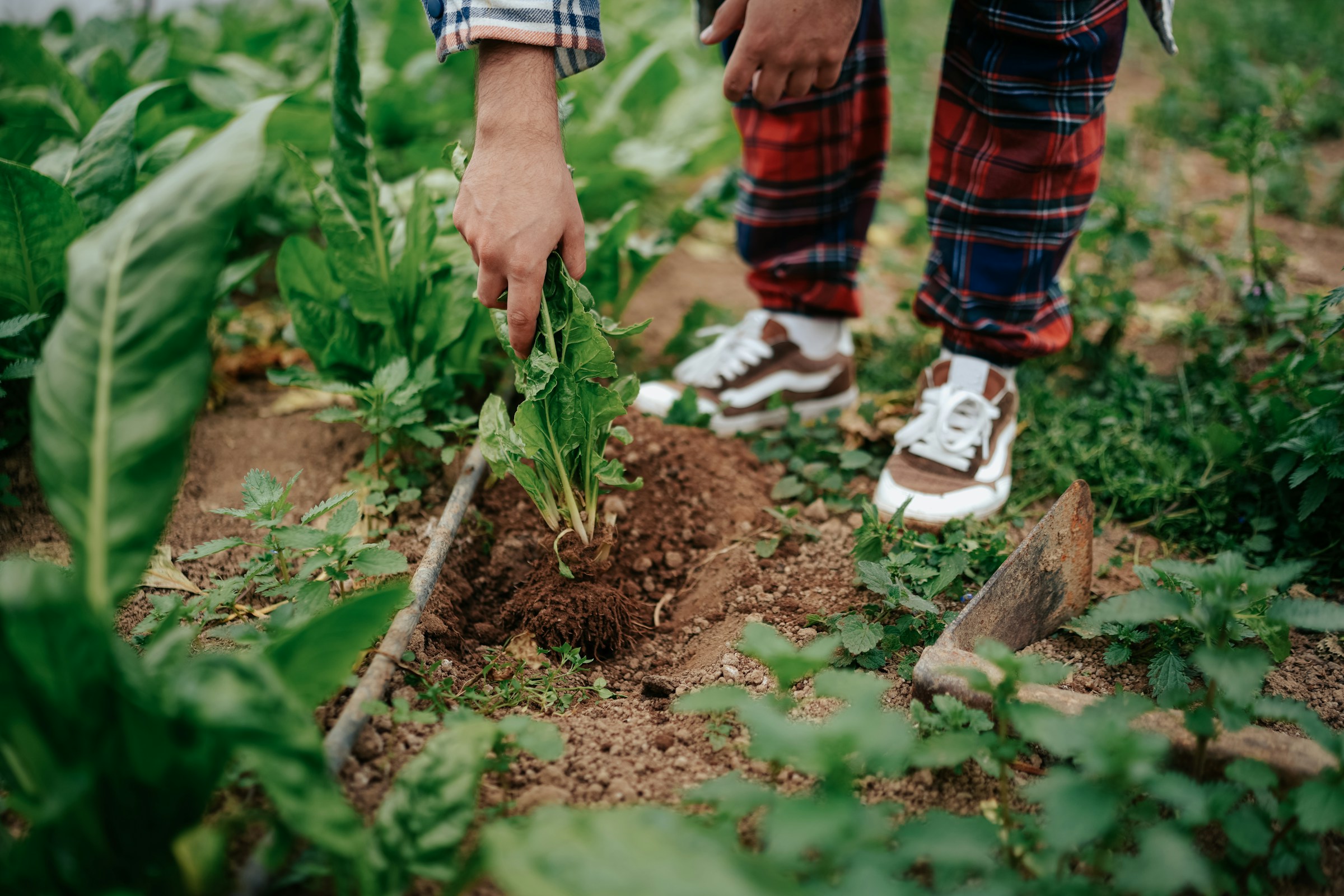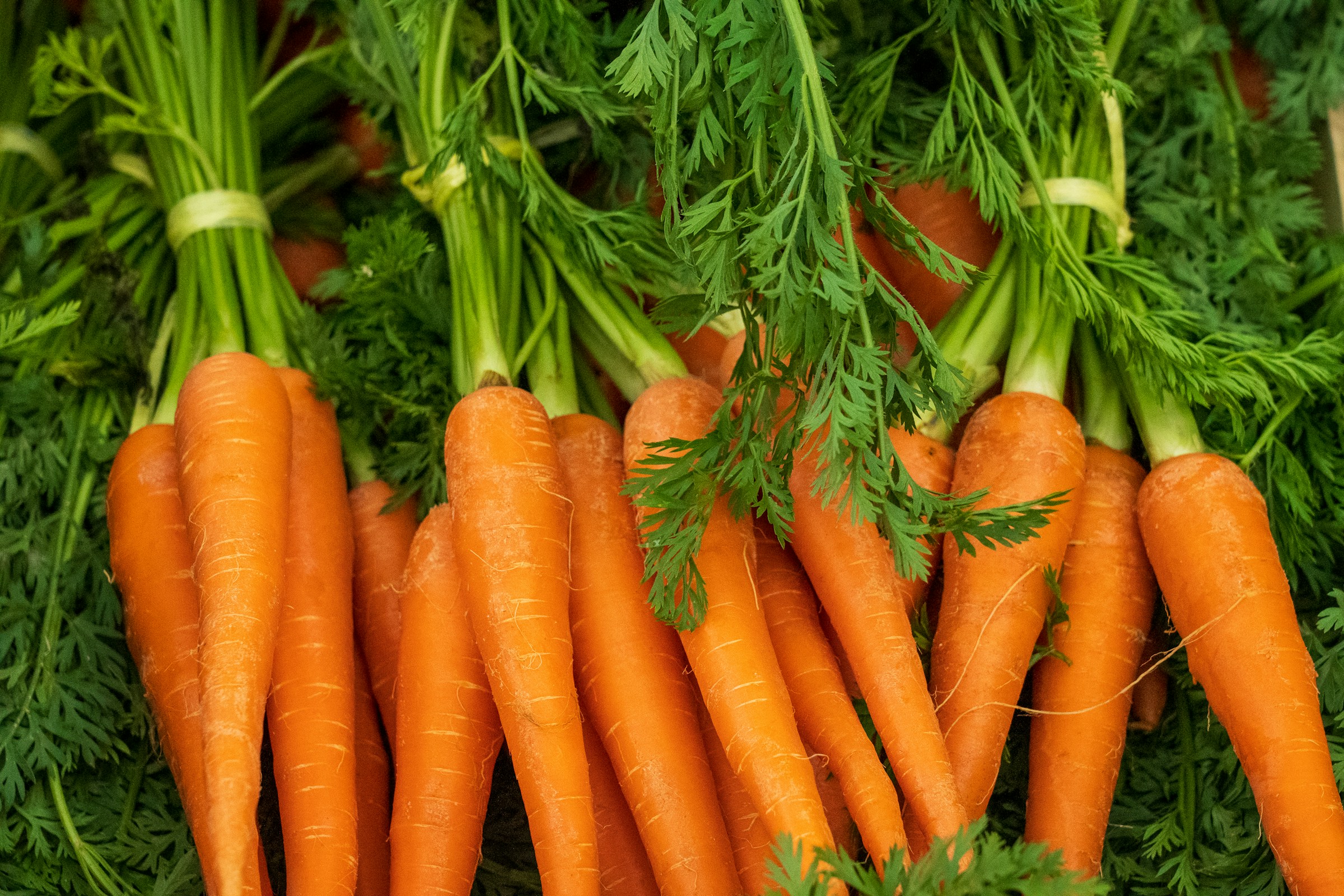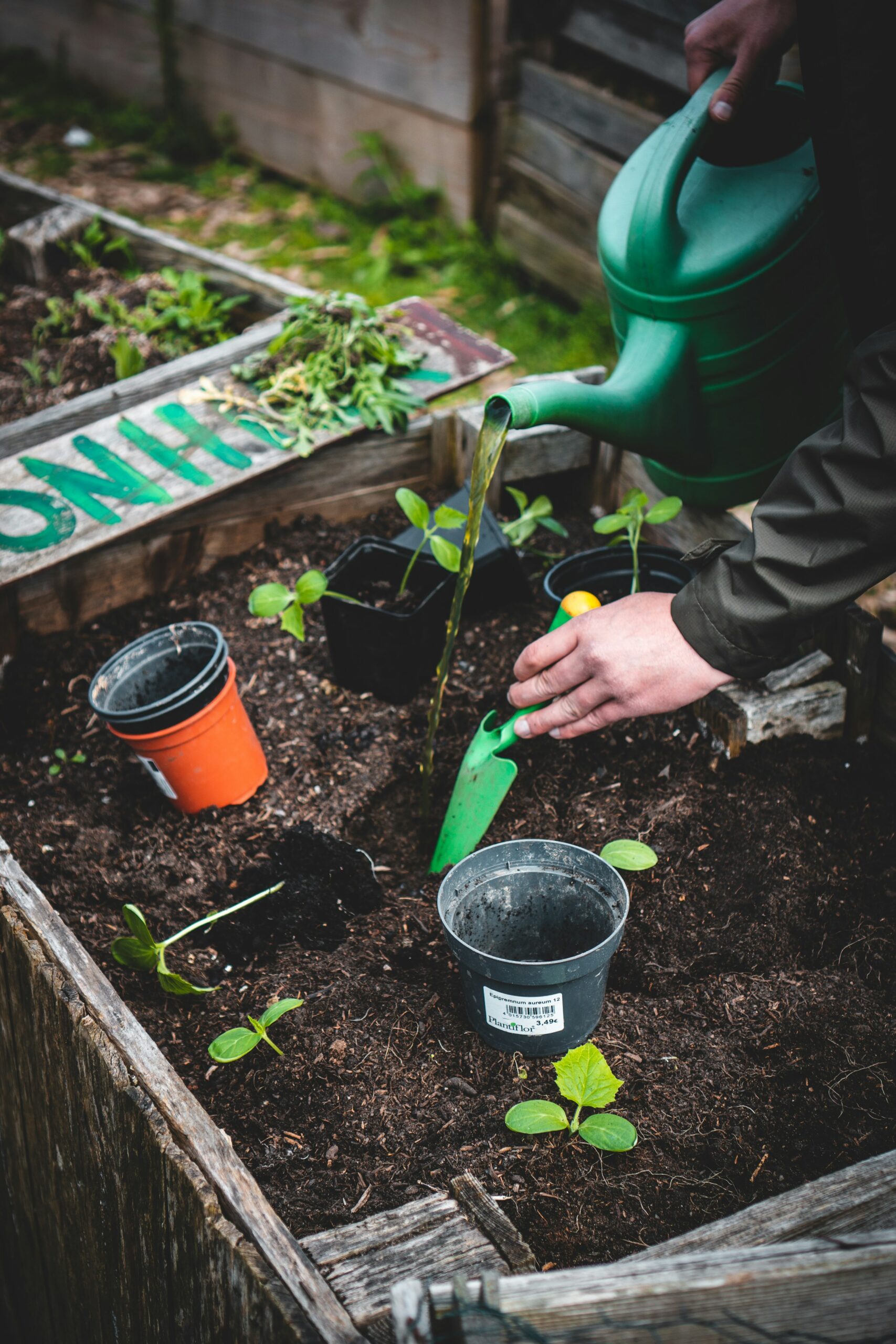Gardens are more than just beautiful spaces; they're vibrant ecosystems that support life in myriad ways. Among the most beneficial additions you can make to your garden are native plants. These plants are the backbone of local ecosystems, offering advantages to the garden and the surrounding environment. Let's delve into why incorporating native plants into your garden is a decision that pays dividends for nature, your wallet, and the aesthetics of your space.

Key Takeaways
- Native plants are essential for maintaining biodiversity, offering food and shelter to a wide range of wildlife.
- They are economical, requiring less water, pesticides, and maintenance.
- Native plants support a healthier planet, helping to prevent soil erosion, filter water, and sequester carbon.
- They add beauty and interest to your garden, attracting pollinators and providing year-round visual appeal.
What Makes Native Plants Special?
Native plants have evolved over centuries, perfectly adapted to the local climate, soil, and existing wildlife. This deep-rooted connection means they're inherently robust, requiring less water, pesticides, and maintenance than their non-native counterparts. Furthermore, they offer a sanctuary for local wildlife, including pollinators like bees and butterflies, birds, and other beneficial creatures, fostering a biodiverse habitat right in your backyard.
The Unsung Heroes of Ecosystems
Native plants are crucial for maintaining biodiversity in local ecosystems. For instance, oaks are highlighted as "superhosts" for various insects, including caterpillars, vital food sources for many bird species. This relationship underscores the interconnectedness of species within ecosystems and the role native plants play in sustaining these relationships.
Economic and Environmental Boon
From an economic perspective, native plants offer significant advantages. Adaptability to local conditions means they generally require less maintenance, water, fertilizers, and pesticides than non-native species. Moreover, their deep root systems benefit soil health, aiding erosion prevention, water filtration, and carbon sequestration. These aspects reduce gardening costs and contribute positively to environmental health, underscoring the symbiotic relationship between native plant cultivation and sustainable practices.
Aesthetic Appeal
Beyond their ecological and economic benefits, native plants possess a unique beauty that can enhance the visual appeal of any garden. They produce vibrant flowers and lush foliage, attracting a wide array of wildlife, which adds dynamism and colour to garden spaces. The aesthetic value of native plants and their environmental benefits make them attractive for gardeners looking to create beautiful yet sustainable landscapes.
Incorporating native plants into garden designs is a holistic approach that supports biodiversity, offers economic advantages, and enhances the aesthetic appeal of outdoor spaces. By choosing plants adapted to their local environment, gardeners can create vibrant, healthy, and sustainable gardens that benefit both the local ecosystem and the community.
Conclusion:
Incorporating native plants into your garden is not just a gardening choice; it contributes to the sustainability of local ecosystems and biodiversity. It's about creating a space that thrives in harmony with nature, offering refuge to local wildlife and bringing the inherent beauty of your region's flora to your doorstep.
Frequently Asked Questions:
What defines a native plant?
A native plant is one that has evolved in a specific region or ecosystem over hundreds or thousands of years, perfectly adapted to the local climate, soil, and wildlife.
Why are native plants important for gardens?
Native plants support local ecosystems, requiring less maintenance and providing habitats for wildlife. They also help conserve soil and water and add aesthetic value to your garden.
Can native plants reduce garden pests?
Yes, by fostering a diverse insect population, native plants can naturally reduce pest numbers through the ecosystem's checks and balances.




